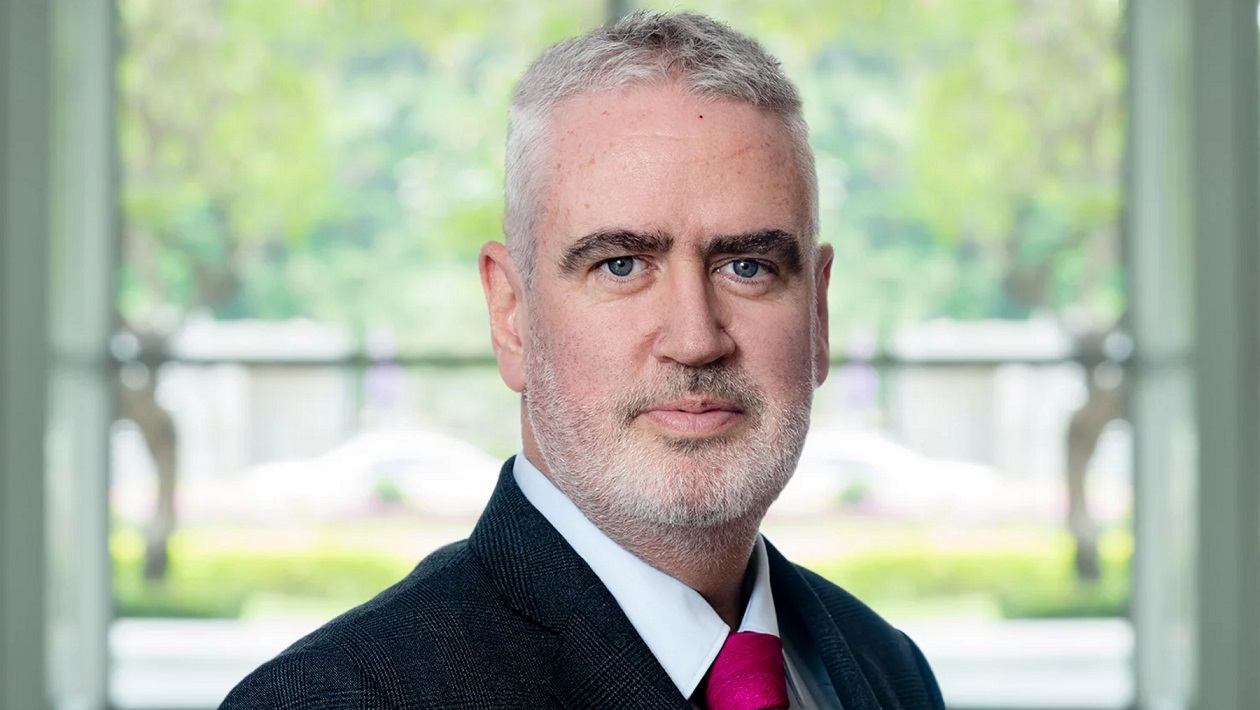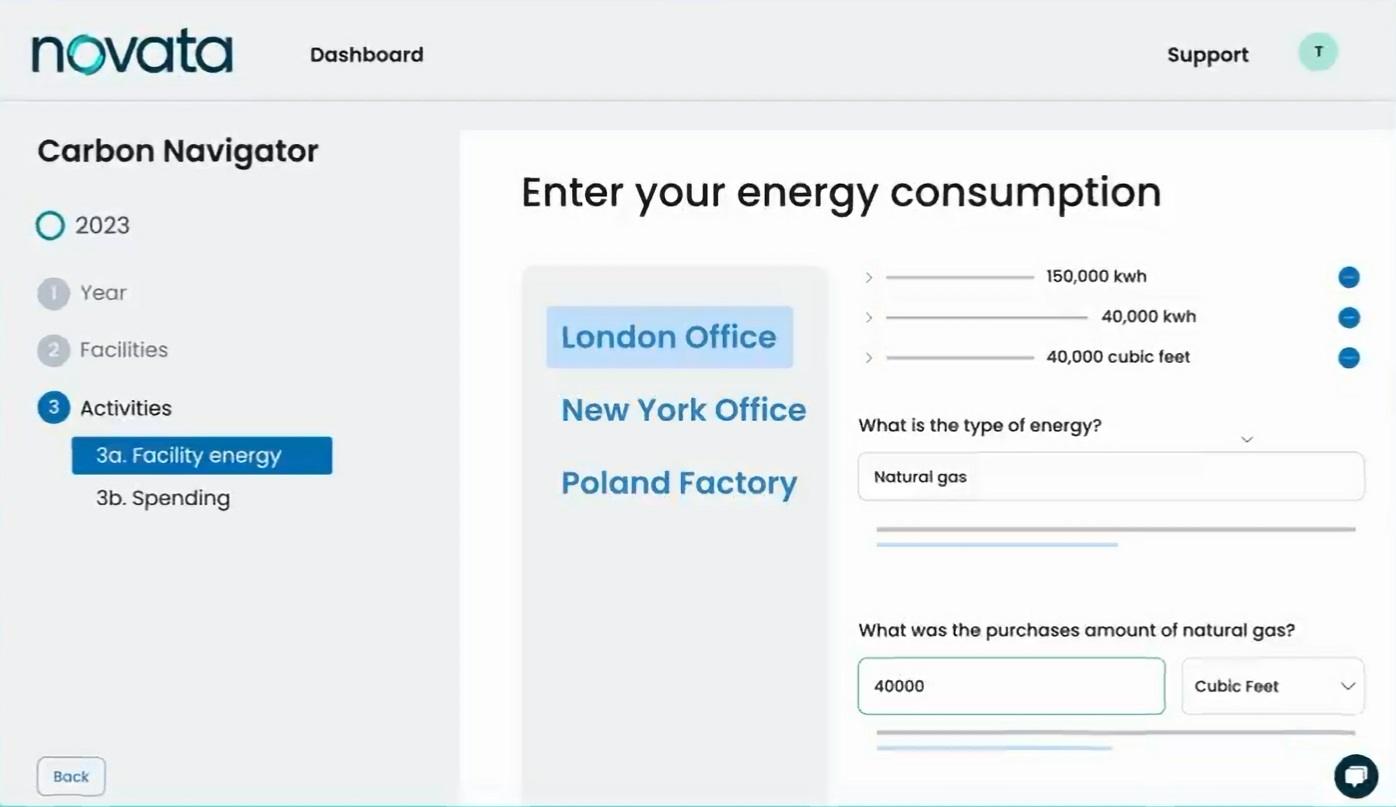Guest Post: A Major Milestone in Our Quest for Net Zero
By: Mike Hayes, Global Head of Climate Change & Decarbonization, KPMG
Last month, after months of planning and detailed negotiation, members of the International Sustainability Standards Board (ISSB) took a momentous step forward in our quest for a net-zero planet.
The organization, which was only founded in late 2021, has published its first sustainability reporting standards. You may argue we’ve been here before – with grand pledges and commitments from world leaders and internal bodies. On this occasion, we’re on the cusp of something different and far more decisive.
The ISSB’s actions – if adopted by enough jurisdictions – have the capacity to deliver real change for the world and move us significantly towards the shared goal of a more sustainable planet that fights back against the climate crisis.
In my role as KPMG’s Global Head of Climate Change and Decarbonization, I’ve attended COP summits and hundreds of other high-level meetings and sessions aimed at hammering out agreement on what we can do to genuinely tackle the world’s biggest challenge. Following COP26in Glasgow, I spoke of my confidence that we were heading in the right direction. I was disappointed at the lack of a commitment to mobilize greater funding for the developing world, but what did reassure me was the increased consensus among both the political and business decision makers that we needed to do something immediately. Delegates from more than 100 countries agreeing that we needed one voice and approach to the climate was the starting point and momentum has been building ever since.
In the majority of board rooms there is also consensus. Now more than ever, business leaders want to do the right thing and want to demonstrate it. The big challenge has been how. The ISSB’s core mission has been to make the process of demonstrating it simpler. The current landscape is disparate – with different territories and different businesses often forced to use different methodology to demonstrate what they are doing to tackle the crisis, and how their business is and will be affected by our changing climate. The developing world risks being left behind if they do not report the metrics that tick the boxes for benchmarks that investors increasingly rely on.
This new global set of standards is designed to finally shift the dial away from confusion and regulatory disparities toward an agreed framework – making it far easier for businesses to genuinely challenge themselves and for investors to make informed decisions on who best reflects their ambitions to invest in sustainable organizations. The challenge now is to ensure that jurisdictions and regulators around the world enforce the standards or incorporate them into local requirements in a consistent and comparable way.
In KPMG’s latest Survey of Sustainability Reporting, published late last year, we revealed that there was a steady rise in the number of companies providing sustainability reports, but the data was patchy with evidence of a continuing disconnect between the urgency of climate change and the hard data provided by businesses. Our findings also revealed only 64 percent of G250 companies formally acknowledges that climate change was a risk to their business. The data highlights the gap between rhetoric and action.
The ISSB’s new standards will be a challenge for companies and jurisdictions to implement initially, but it’s essential that the world takes notice and acts. They are crucially designed to be globally applicable – considering the resources and experience of those in the global south as well as the most sophisticated companies, helping to level the playing field.
Of course the ISSB is not working alone. The EU has now adopted the first of its European Sustainability Reporting Standards (ESRSs) and in the US the Securities and Exchange Commission’s proposed climate rule is currently pending. But the ISSBTM Standards are different because they aim to provide a global baseline for sustainability reporting. For companies that work across multiple jurisdictions, the publication of these standards is a vital step.
If you’re a business leader reading this article, the question you’re probably asking is what you should be doing next? My answer is act now. For the ISSB Standards to make a real difference, we need to see true global adoption. The world remains in flux and in crisis. We’ve been handed some of the tools to play our part in reversing the damage. Let’s get to work.
Mike Hayes is KPMG’s Global Head of Climate Change & Decarbonization





